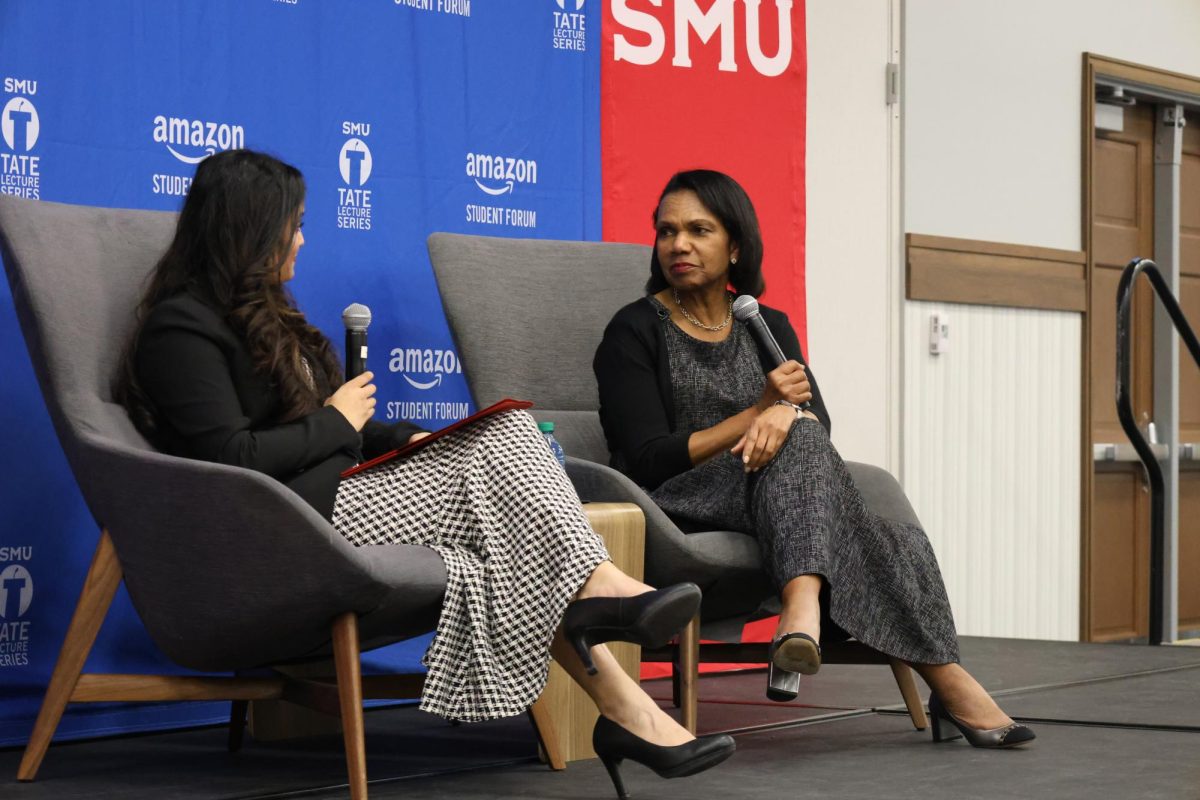
President Barack Obama greets and is photographed with members of the audience after speaking during a campaign event at the Sheraton Hotel Nov. 30. (Associated Press)
Obama may be losing the youth vote as his approval ratings drop and the unemployment rate remains high.
Studies have shown that when young people choose a political party in their early years, they do so for life. Party identification happens early on and often persists through adulthood, according to Rock the Vote.
The 2008 presidential election saw substantial turnout for voters aged 18 to 24, and the overwhelming majority of those voters supported President Obama. Exit polls in 2008 showed that young voters preferred Obama over Republican candidate John McCain by 68 percent to 30 percent.
Obama appealed to young voters for many reasons, but according to SMU Political Science professor Dennis Simon, his campaign and election were considered monumental.
“Obama was the first post-Baby Boom candidate. He was considered young and ‘in touch’ especially compared to McCain,” said Simon, “There was excitement about electing the first black president. Students felt their vote would be historic.”
Current college seniors across the country, like SMU senior David de la Fuente, were freshman in 2008 and many cast their first presidential election vote for Obama.
De la Fuente, who is now the President of Texas College Democrats, said that he, among others had enthusiasm for Obama’s 2008 campaign.
“I feel like most were involved [in Obama’s campaign]. We were all just fresh off of turning 18, so everyone was pretty excited to vote,” De la Fuente said.
With the 2012 presidential elections approaching the question is whether the excitement and enthusiasm for Obama can be duplicated, according to Simon.
“Another consideration is who will be his opponent? There is a distinct lack of excitement, at this point, for the Republican contenders,” Simon said.
For some, the Republican candidates have yet to generate the type of zeal that Obama has in the past.
“The Republican field in 2012 is just absolutely pathetic. Watching them try to one up each other on doing what is wrong for America has been a sight to see,” De la Fuente said.
Though not every young voter believes the field of 2012 GOP candidates is lacking.
“I like Huntsman a lot. He has great experience, he’s a moderate, and I feel like he has the temperament to work with Democrats and get things done. In these races, I think character counts,” said Chad Cohen, SMU senior and President of SMU College Republicans.
De la Fuente worked directly on the Obama campaign this past summer and believes that the youth vote will not be lost in this next election.
“There really is no evidence that young people won’t vote in 2012. Reality TV shows like American Idol and So You Think You Can Dance have trained American Youth to go out there and vote for their favorite no matter what,” said de la Fuente, “It may sound a little silly, but I think America’s youth has been fairly integrated with voting and this will help President Obama immensely in 2012.”
The same young voters and college students who turned out to vote in 2008 for change, have either since entered the job market or will enter the job market soon—a job market that is currently daunted by joblessness, especially for young workers. The unemployment rate for 20 to 24 year olds is 14.7 percent, and for 18 to 19-year-olds 23.3 percent.
“Kids our age are worried about getting jobs, and they’re angry at the lack of jobs out there. They’re right to be angry,” Cohen said.
According to Cohen, jobs are the number one issue in this race for young people, if not the whole country.
“They’re going to vote for the candidate they believe will right the economy and get jobs created,” said Cohen.
Obama’s current approval rating has dipped below his term average of 50 percent to 43 percent, according to Gallup, the President’s approval rating hit a low of 38 percent in October.
De la Fuente said he thinks young voters will turn out in the polls again for Obama, “especially considering his opposition.”
There are about 16 million young Americans currently eligible to vote who were too young to vote for Obama in the 2008 election, according to the 2010 Census, and about half of them are registered to vote.














